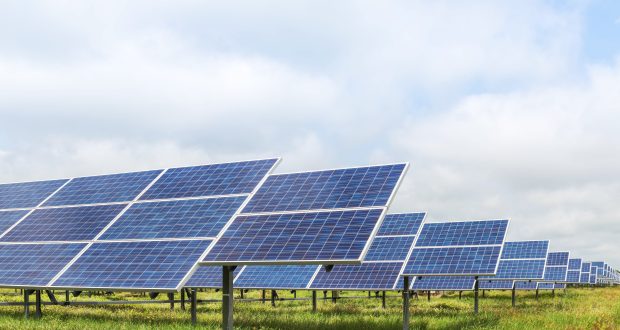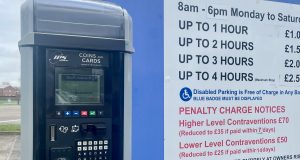Lincolnshire County Council’s executive committee has decided that it will not support solar farms on the highest-grade farmland in our region.
The committee reviewed its Energy Infrastructure Position on Tuesday, with Colin Davie, the Portfolio Holder for Energy and Environment, emphasising that Lincolnshire’s policy does not endorse solar farms on grade one, two, or 3A land, writes Local Democracy Reporter Daniel Jaines.
The policy may consider grade 3B land, but only to facilitate access to poorer quality or brownfield land.
“Lincolnshire is under a lot of pressure from a considerable number of Nationally Significant Infrastructure Projects (NSIPs) for solar, connectivity and offshore wind,” he said.
“Some of these have the capacity to alter permanently the landscapes of Lincolnshire.”
He stressed the county’s ambition to become the UK Food Valley and a major food producer.
“I sometimes worry that government is so obsessed with its 2050 [net zero] ambition that it has lost sight of some of the other things that are critically important at a local level for people, communities and business.”
The county is currently facing proposals for at least 13 major solar farms on around 1 per cent of current land mass, which could power approximately 1.3 million households annually.
However, there is growing concern about the impact on agricultural land.
Most of these proposals will be decided by the Planning Inspectorate, as their size and national significance require national-level approval.
Council officer Andy Gutherson reassured the committee that existing planning policies were adequate, providing a strong framework for recommendations and highlighting the importance of prime agricultural land to the economy
Officers were also given key areas to negotiate better benefits for the county, should developments get given the go ahead against their wishes.
“We’ve received a high number of NSIP applications in general — at the last count more than 30 — and that’s creating a significant demand on the planning service,” he told councillors.
Councillor Davie confirmed the council’s continued opposition to onshore wind farms, favouring offshore alternatives, provided they connect to the county through underground or offshore means.
“The economic value down the Lincolnshire coast is about £800 million a year. It is so significant to remember that putting an industrial line of structures through that will cause immense harm and compensation will never meet the losses caused by it.”
 The Voice of Spalding and South Holland
The Voice of Spalding and South Holland




